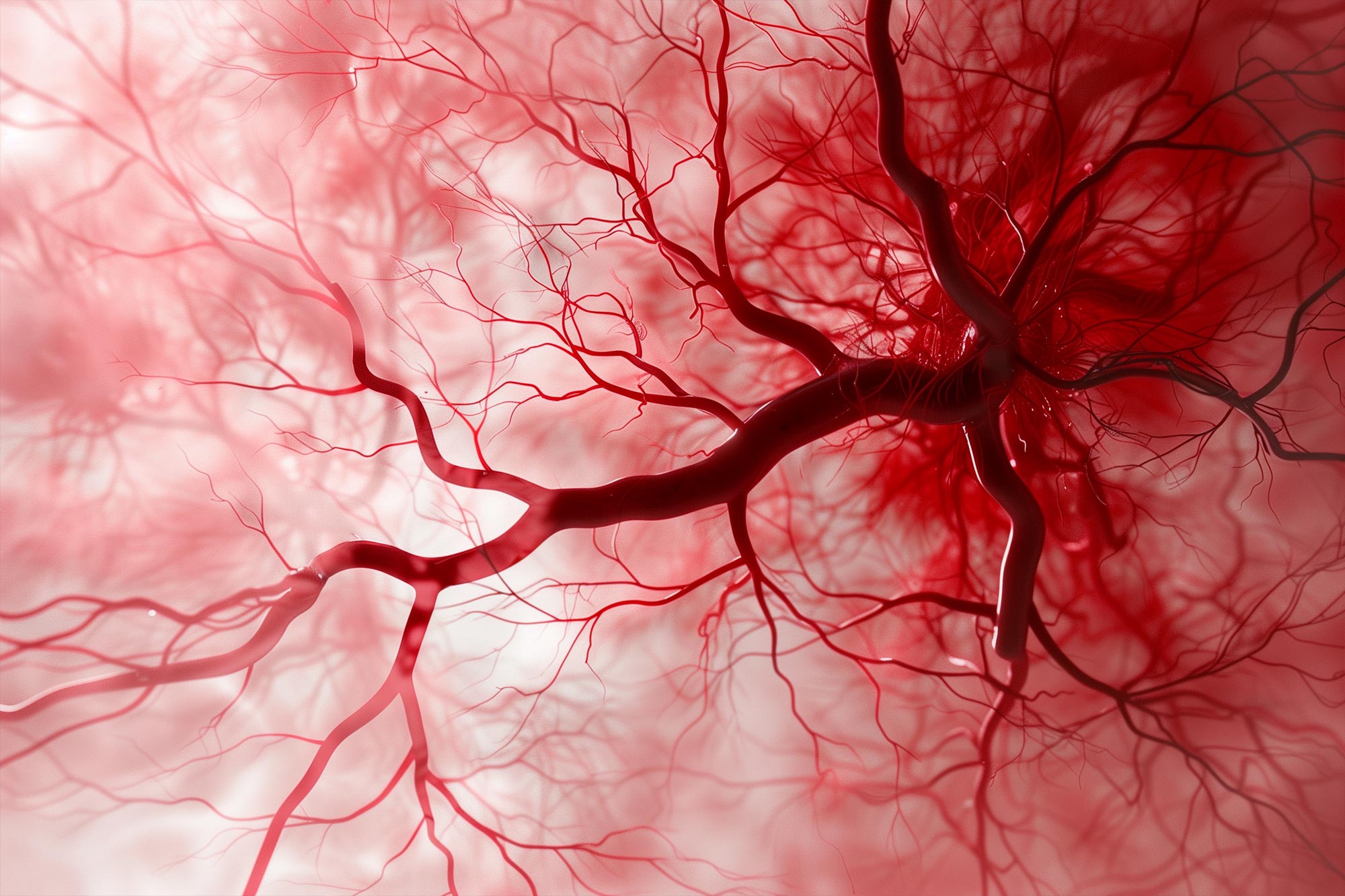This study shows links between Long COVID’s neurological effects, including brain fog and cognitive decline, and brain blood vessel integrity, offering hope for new treatments and diagnostic methods.
https://www.nature.com/articles/s41593-024-01576-9 (open access)



Apologies if you’ve already tried this or something similar, it doesn’t work for everyone, but I got mine back by using essential oils to retrain [edited as my phone autocorrected to ‘restrain’] my olfactory system. After over a year of my food tasting like trash, or like it was off, and a dangerous incident (with a trip to A&E) where my brain fog meant I left an unlit gas oven on all night and couldn’t smell it until I’d already got carbon monoxide poisoning (thankfully mild and temporary), I regained my smell and taste in about a week. Here’s an article about it, it links to a charity that works in the field of loss of smell : https://www.saga.co.uk/magazine/health-wellbeing/treatments/smell-training-for-anosmia
Edit: if the down votes are because people think this is alternative medicine or woo, it isn’t, it’s a technique used in conventional medicine clinics. Try reading before you down vote.
To educate downvoters: Yes, “essential oil” health advice is a common bullshit indicator! But! They’re the standard pharmaceutical for this task, found in kits like this one used to train food and beverage scientists. Any diverse set of strong familiar smells can work.
I worked in a related field and got my ass kicked by long COVID shortly after the start of the pandemic. This is a good starter on the biology involved, a journal article from Nature, unpaywalled: https://web.archive.org/web/20220623072436/https://www.nature.com/articles/d41586-022-01628-9
Treating anosmia from brain damage is the same for post-COVID as for a car accident or getting gassed in WWI: you diligently breathe in the olfactory training kit and try to vividly remember those smells.
Pull quote: “Sometimes, the sense of smell recovers spontaneously after injury. The olfactory nerve is the only cranial nerve that can repair itself when damaged, and olfactory sensory neurons — cells in the upper part of the nose that recognize different odorant molecules — renew themselves periodically throughout life.“
edit to add, extreme sympathies to anyone who has found themselves experiencing this!
e2: corrected link
Thank you. I should have realised that it needed more of an explanation. Shame that people don’t engage their brains before a trigger finger downvote in a science thread though.
I got COVID twice, and both times I lost my sense of smell. The first time it lasted 3 days, and the second time, the total loss was only for half a day. Both times, one of the first smells I was able to detect was the vinegar in salt&vinegar chips. It’s a strong smell that seemed to “pierce through” the block.
So I didn’t completely lose my taste, but vinegar somehow ended up tasting like bleach to me for a few weeks. Strange how it affects everyone differently.
regarding your edit there, I guess most people stopped reading at ‘essential oils’ without knowing where this was going.
this is one (the only?) actual medical use for these things - their main thing is that they smell in a certain way that is consistent, so you use them to retrain your sense of smell. that’s it. no taking internally or applying to skin or whatever. just take the stopper off the wee bottle, sniff and repeat for as many bottles as you can be arsed.
when I had covid-19, I didn’t have so well defined scents on hand, but I did have several colognes I could sniff, and I knew fairly well how they were supposed to smell and could use those to gauge my senses. fun times, they were…
I only realised I’d lost my smell completely when I smelled some perfume and thought it must be off, because it smelled of nothing. Then I realised that my other perfumes were ‘off’, and then went around my home smelling random things and finally realised it was me. I think it was the effect on my taste that was the hardest thing though. Onions and garlic especially made everything taste horrible.
Clever! An actual legit medical use for essential oils!
Speaking only for myself, what really threw me off was the following:
I think that if I’d realized that you meant to say “retrain” here instead of “restrain”, I would not have been so quick to initially dismiss it as obviously nonsense.
Yeah that’s my phone autocorrecting. I’m not sure why anyone would think I meant ‘restrain’, but oh well. I’ll edit, thanks for pointing it out.
The Bhagavad Gita spends a lot of time extolling the importance to spiritual life of controlling the senses with the goal of restraining them, and in particular this is a precept of the Krishna Consciousness cult.
Oh wow, TIL. Yeah I am not a fan of them. Urgh.
deleted by creator
Sharon Amos has written about gardening for Saga Magazine and The Guardian, among others. She is the author of Plants for Free and Great Plants for Tough Places.
Sure buddy.
Oh no, someone who writes about gardening!! In a magazine for the elderly!!Look, it was just the first article I could find while I was in the middle of baking, that wasn’t an American health and wellbeing website. I’m not American so I don’t know those websites and I don’t know what they all are. I just wanted to help the person I was replying to. The article links to the charity that has done loads of research into it. Yes I could have found a better link and fucking hell I wish I hadn’t bothered even commenting now.
Try linking them instead of some mom-blogger. They are your claims. Source them better.
Sexist, much?
No. Descriptions are not sexist. Feel free to actually link to any of that very real scientific documentation anytime you like.